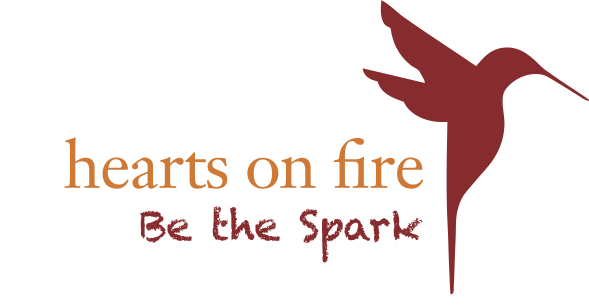Dr. Ayana Elizabeth Johnson | Ayana Elizabeth Consulting, LLC
A Sea Change
Dr. Ayana Elizabeth Johnson’s connection to the ocean runs deep. At five, she saw her first coral reef.
“How could rainbow-colored parrotfish with their chomping beaks, and starfish waving their tube feet around not blow your mind!”
And during aquarium visits with her parents, she found electric eels, well… electrifying. But it wasn’t until years later, when she was pondering her future, that the ocean pulled her in again.
“I’ve always wanted to find a job that is more than a job; to find a topic where I could be most effective,” she says. “My parents had met and fallen in love as Civil Rights activists, so the importance of contributing to social change was ingrained in me from an early age.”
Ayana had also absorbed her father’s stories about how devastated ocean ecosystems are today compared to when he was growing up fishing in Jamaica only a few decades ago.
“I resolved to be part of the solution. There are so many fascinating species in the ocean, but ocean conservation is really about people. The ocean doesn’t need us, but we certainly depend on it, in so many ways, for our survival.”
Ayana dove into ocean studies in school and, afterward, rode a wave of environmentally-oriented jobs, from the EPA to the National Oceanic and Atmospheric Administration (NOAA), before landing at the Waitt Institute, in Washington D.C. Simply put, the Institute’s mission is to empower coastal communities to restore their ocean, and to use the ocean, without using it up.
Ayana became its Executive Director in 2013 and led the Blue Halo Initiative, which partnered with governments and community members in Barbuda, Montserrat, and Curacao to implement more sustainable plans for each island to use and conserve the ocean.
“The Caribbean way of life is so tied to the ocean – parents and grandparents teaching their kids to fish, enjoying beach parties and fish frys – that ocean conservation is to a large degree about cultural preservation.”
Today, while the work of the Waitt Institute moves forward built in part on Ayana’s leadership, she has moved on, as an independent consultant working with non-profits, foundations and businesses that specialize in ocean conservation. Ayana Elizabeth Consulting continues her mission to create, implement, and amplify the best ideas in conservation.
“Ocean conservation is a complex puzzle with many pieces,” says Ayana. “I build bridges between science, policy, and people, incorporating ecology, policy, economics, sociology, law, marketing, and design into my work.”
Her goal, she adds, is to find simple solutions that everyone can use because approximately one billion people worldwide depend on the ocean for their nutrition, livelihoods and cultures.
“Marine conservation is not just about counting and saving the fish. It’s about people.”
Ayana also hopes to encourage the next generation of young women to enter the male-dominated field of marine biology and become leaders in environmental conservation. That, she adds, will take mentorship and the kind of exposure she received as a child visiting the aquarium with her parents to “build a connection to the sea.”
And though her primary goal is to save the oceans, Ayana is taking on global warming which is impacting life both in the oceans and on land. With nearly 1,600 threatened and endangered species, she says it’s time to realize we can’t save them all. She is advocating a science-based triage approach to classify areas and species into one of three categories: not at immediate risk, in need of immediate attention or beyond help.
“Employing triage would enable us to…focus our energies and resources and save as much of our environment as possible for the benefit of this and future generations.”
Dr. Johnson holds a BA from Harvard University in Environmental Science and Public Policy, and a Ph.D. in marine biology from Scripps Institution of Oceanography. She is also a blogger for National Geographic. In her spare time, Ayana is a jazz singer and a dance party instigator.
Watch
Take action
Brush up on your ocean facts with our factsheets on topics including sharks, sustainable seafood, lionfish, mangroves, marine reserves, and more. Then, armed with these facts, advocate for conservation and sustainable use.


